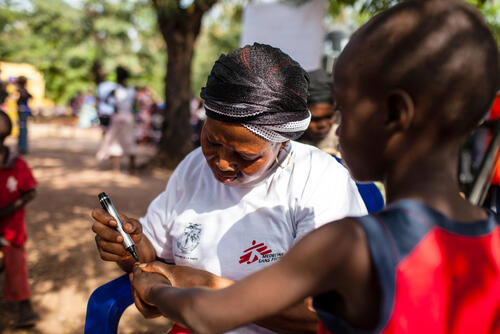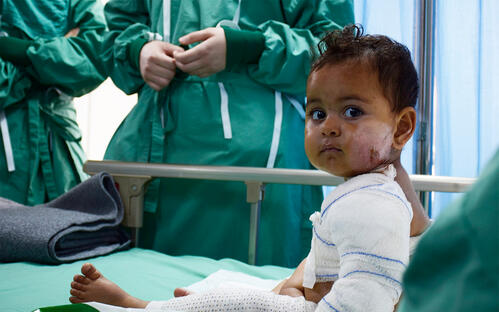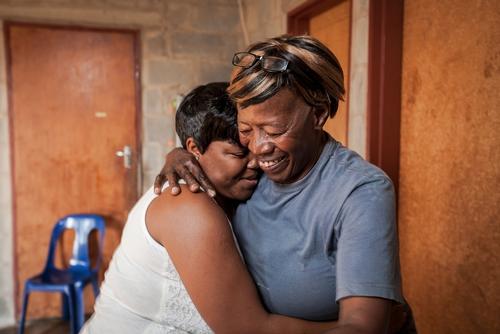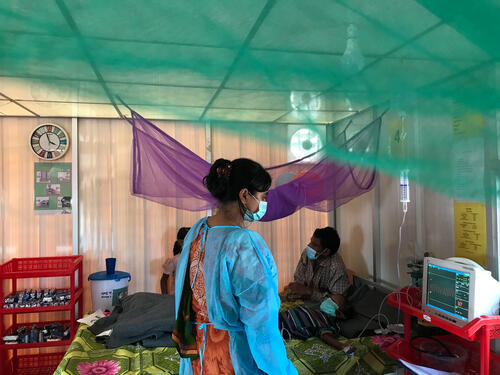Scientific evidence for better care
In Médecins Sans Frontières projects around the world, operational research and scientific analysis help to improve quality of care, assess medical interventions, or take an in-depth look at challenges at hand.
In two video features, eight researchers explain how their work supports MSF projects in Greece, Guinea, Bangladesh, Iraq, South Africa, Zimbabwe and beyond.
The right care for victims of violence
In Greece, operational research helps give a voice to victims of violence and provide them with better care. In a centre for victims of torture in Athens, a series of interviews explored how asylum seekers and refugees who have experienced torture perceive trauma, suggesting that cultural background and social conditions directly affect rehabilitation.
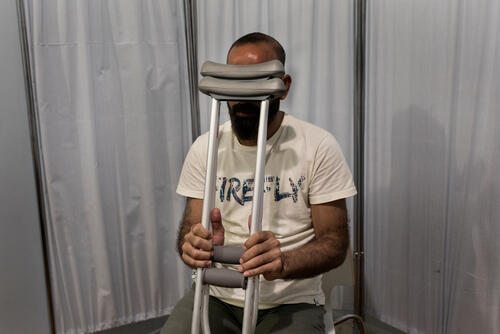
In the Democratic Republic of the Congo (DRC), Doris Burtscher, a medical anthropologist with MSF’s Vienna Evaluation Unit, spoke with women in Mweso, Mambasa and Lulingu, highlighting the need for safe abortion care. “While not all women who request abortions have been victims of violence, women often lack decision-making power and autonomy regarding their sexuality,” she said.
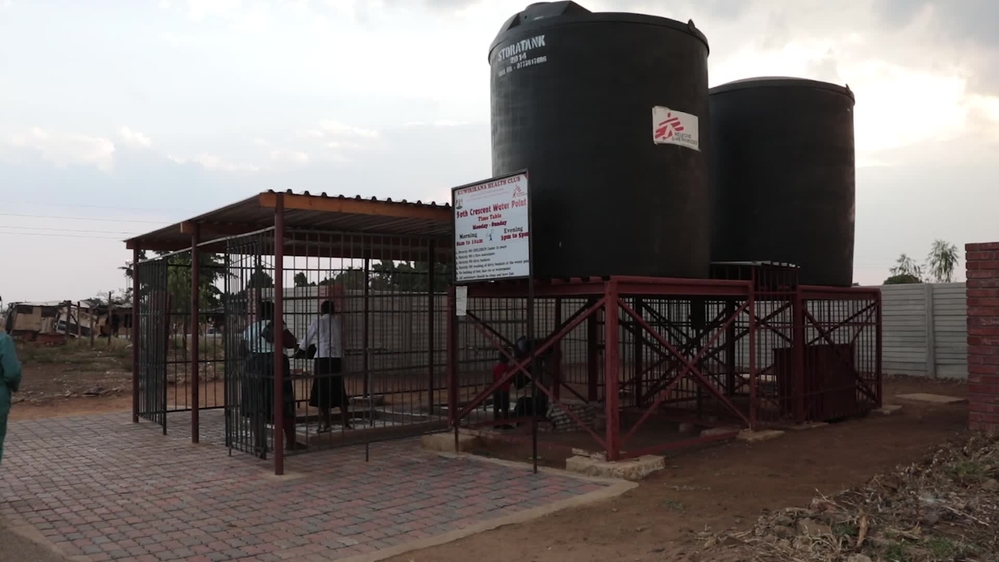
Scientific evidence for better care (1)
New and persisting challenges in HIV and TB care
MSF provides care for HIV and tuberculosis (TB) patients around the world, including in Guinea and South Africa. “In our hospital in Conakry, one in three patients with advanced HIV died after admission,” said Kassi Nanan-N’Zeth, the medical coordinator in Conakry. “Our research question was if and how care can be improved before, during, and after hospitalisation,” he explains.
In South Africa, the Bending the Curves project has been piloting community-driven models of care, such as HIV testing and counselling for people living far from health centres. “We compared data from household surveys on HIV treatment and awareness in KwaZulu-Natal,” says Vinayak Bhardwaj, deputy head of mission in Cape Town. “Our survey data shows us how successful our community mobilisation, health promotion and treatment services really were.”
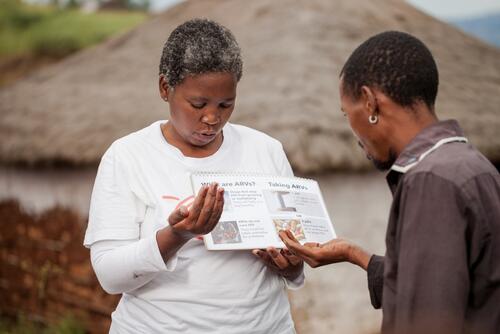
Moving from operational research to changes in policy and practice
MSF also uses operational research results to drive shifts in its programmes, test and validate new tools to better treat patients, or advocate for policy changes at national or even global level.
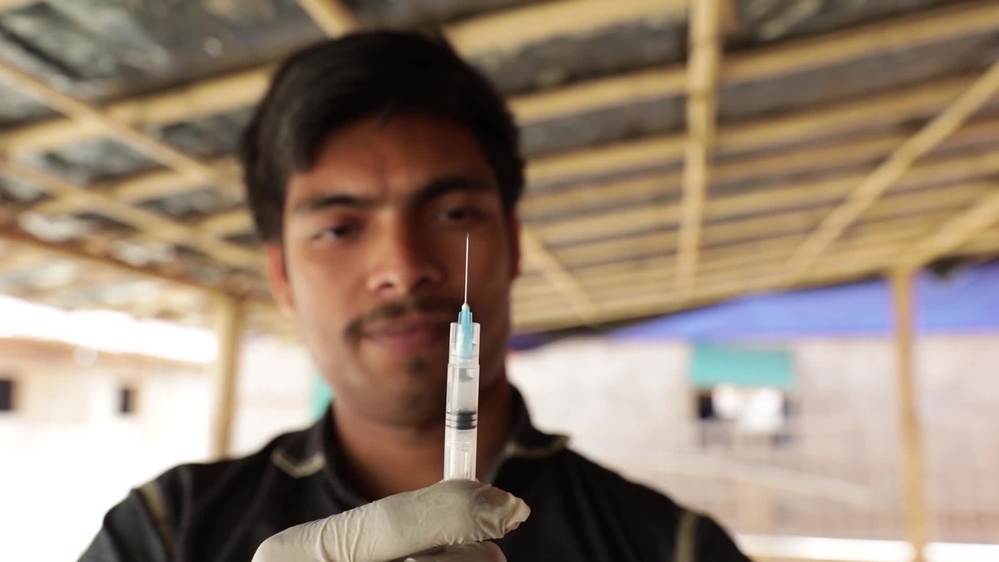
Scientific evidence for better care (2)
In Zimbabwe, for example, operational research has led to a more comprehensive environmental health approach and an innovative WASH toolkit to site, drill and better manage boreholes.
In Iraq, MSF and its partner Humanity & Inclusion are piloting a tool to assess the role of rehabilitation services in trauma care, and to collect better data on how to support patients on their way back to independence in their daily lives.
Nell Eisenberg, a clinician and infectious disease specialist, worked at the diphtheria treatment centre in Cox’s Bazar, Bangladesh, in 2018. Diphtheria is a vaccine-preventable disease that is no longer a major cause of death for children, but has been reported to re-emerge, particularly in areas of conflict and poor vaccination coverage. “Our research on MSF’s approach in Bangladesh explored the feasibility and safety of using diphtheria antitoxin to treat diphtheria in low-resource settings,” Nell said.
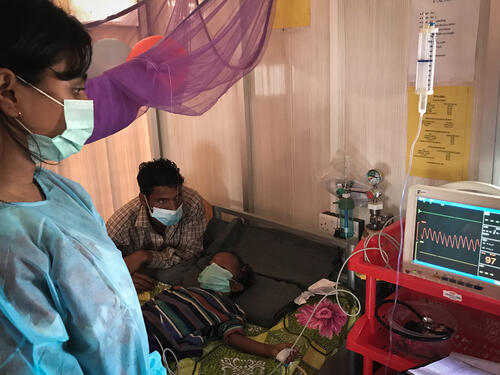
In Guinea’s capital Conakry, another study focused on the reasons for children not being reached during mass measles vaccination campaigns. These interviews and discussions are now helping to pinpoint misconceptions and barriers limiting MSF’s approach to vaccinations.
To learn more about the above studies and how operational research helps MSF evaluate and improve its programmes, check out the presentations from the 2019 Operational Research Day. Further information on MSF’s Operational Research Unit LuxOR and the MSF Southern Africa Medical Unit SAMU is available on their websites and Twitter accounts.



